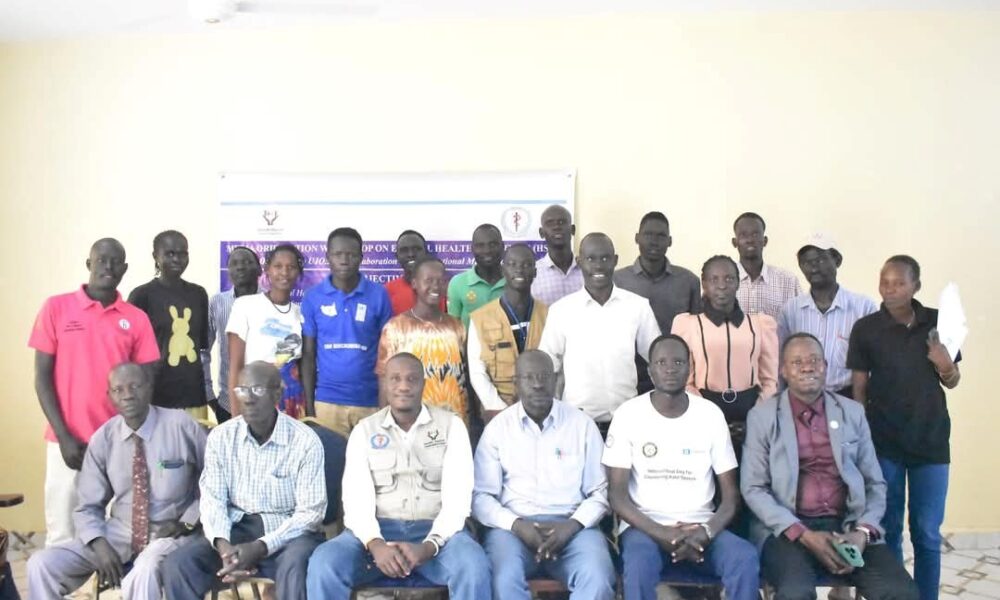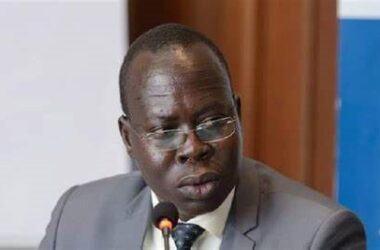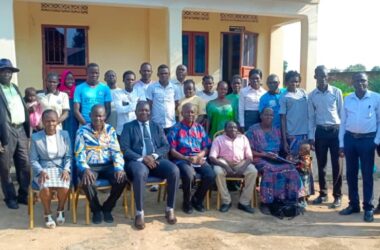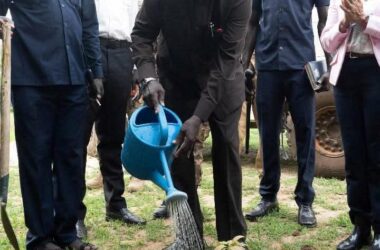By Kei Emmanuel Duku
Union of Journalists in South Sudan, in partnership with Ministry of Health and other partners have trained 25 journalists in Eastern Equatorial State Capital Torit.
The two-day’ workshop which started on the 20th to 21st June 2025 brought together Journalists and officials of the state Ministry of Health in Eastern Equatoria State focusing on ethical health reporting, a crucial step in strengthening public trust and disseminating accurate health information in the state and beyond.
The “Media Orientation Workshop on Ethical Health Reporting” aimed to enhance responsible health reporting under South Sudan’s landmark Health Sector Transformation Project (HSTP).
Dr. Amin Gordiano, Director of Primary Health Care at the Eastern Equatoria State Ministry of Health, emphasized the vital role of journalists in the success of HSTP during his opening remarks.
“The success of HSTP does not end at the health facility,” he stated. “It continues in the homes and hearts of people. And that’s where journalists come in—to inform, to educate, and to inspire trust in our health systems.”
A wide range of topics were covered during the workshop, among them includes HSTP’s funding, child and maternal health, immunization strategies, Social Behaviour Change (SBC), and the media’s critical role in combating misinformation.
In the course of the workshop participants engaged in interactive sessions, including a realistic risk communication simulation involving a fictional disease outbreak, which challenged them to apply ethical decision-making in real-time.
Majak Daniel Kuany, UJOSS Secretary General, underscored the power of storytelling in health journalism. “When a journalist tells the story of a mother walking miles to vaccinate her child, that story has the power to move communities and policies alike. That’s the heart of ethical health journalism,” he remarked.
A key outcome of the workshop was the collaborative drafting of a Health Media Guide, designed to promote consistent ethical standards and improve coordination between journalists and health authorities.
Juma Daniel Maidodo, a Communication Specialist from the national Ministry of Health, led sessions on social and behavioural change, emergency preparedness, and the importance of data-driven health reporting, stressing that in the current age, “Journalists must become the voice of reason and truth.”
Paul Jalingo, who spoke on behalf of the Director General for the State Ministry of Information, praised the initiative, highlighting its importance in building trust and ensuring accurate information reaches those who need it most.
While James Opiny, UJOSS Eastern Equatoria Coordinator, echoed his sentiments, expressing hope that the training would elevate the standard of health reporting in the state.
The workshop concluded with participants presenting their health journalism pitches, showcasing their commitment to evidence-based reporting and public interest storytelling.
The initiative is part of UJOSS’s broader efforts to promote responsible health journalism across the country.
A similar workshop is scheduled to take place in Malakal, Upper Nile State, on June 23rd-24th, continuing a media-health orientation series that began in Juba in March and has so far engaged over 40 journalists and UNICEF Young Reporters.




